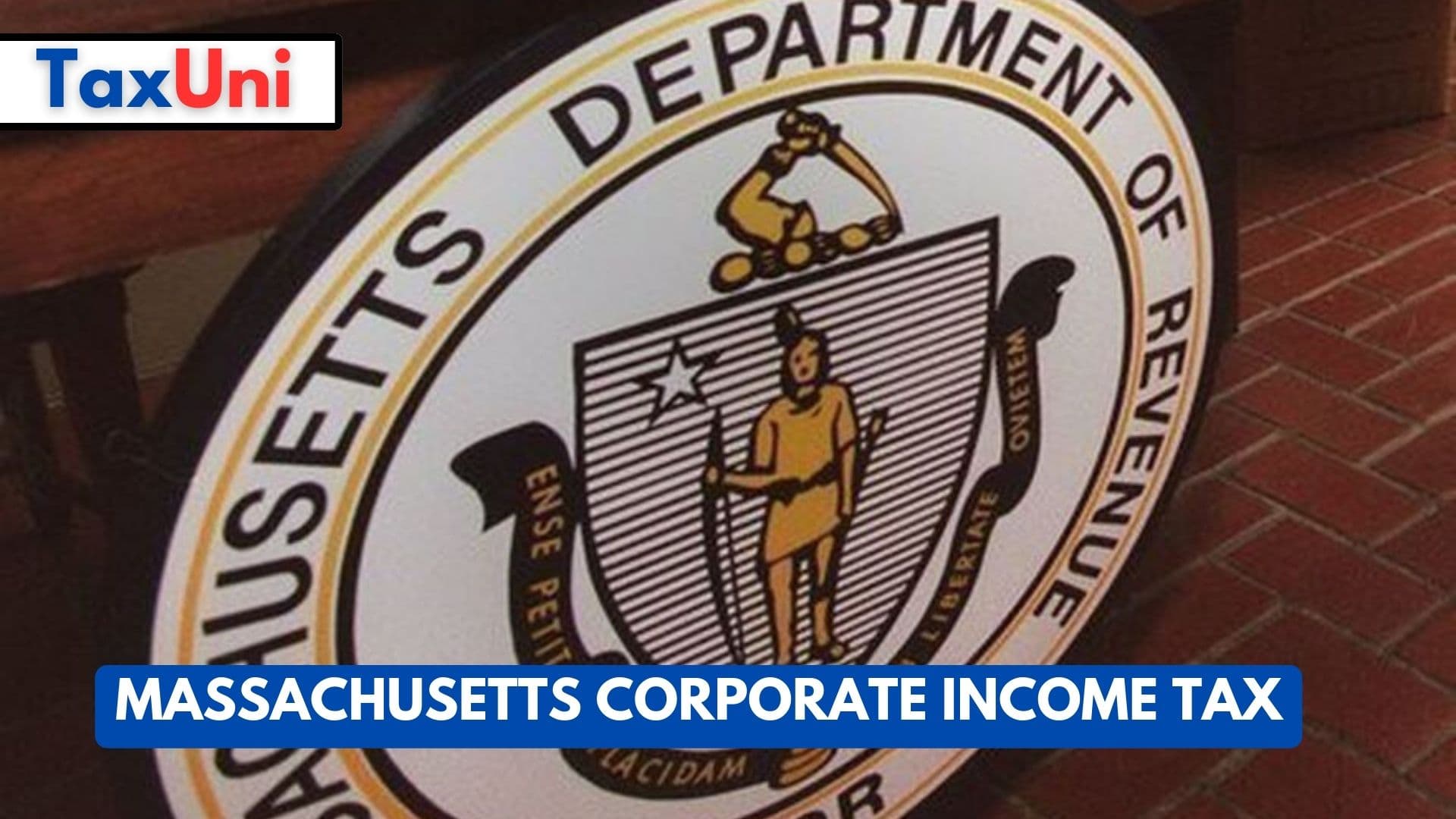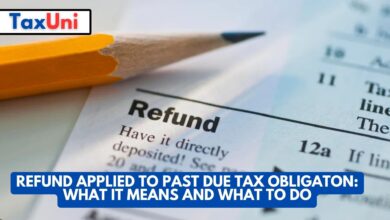Massachusetts Corporate Income Tax
Understanding the Massachusetts corporate income tax is essential for any business operating in or considering expansion into the state.

Contents
Massachusetts imposes a corporate excise tax, which combines a tax on net income and a tax on tangible property or net worth. This dual approach to taxation requires businesses to be well-informed about the specific rates, compliance requirements, and potential credits or deductions available to minimize their tax liability. The Massachusetts corporate income tax is part of the broader corporate excise tax, which applies to both C-corporations and S-corporations. For most corporations, the excise tax is calculated as the greater of two components: an 8% tax on net income attributable to Massachusetts and a tax on either tangible property or net worth, with a minimum excise tax of $456.
Calculation of Massachusetts Corporate Excise Tax
- Net Income Component:
- The primary component of the corporate excise tax is an 8% tax on the net income apportioned to Massachusetts. Net income is generally defined as federal taxable income, with certain state-specific adjustments.
- Businesses must use an apportionment formula to determine the portion of their income subject to Massachusetts tax. This formula typically involves factors such as the location of sales, property, and payroll.
- Tangible Property or Net Worth Component:
- The secondary component involves a tax on tangible property or net worth. For tangible property, the tax rate is $2.60 per $1,000 of tangible property situated in Massachusetts. For net worth, the rate is $2.60 per $1,000 of the corporation’s taxable Massachusetts net worth.
- Corporations must calculate both components and pay the higher of the two amounts, subject to the minimum excise tax of $456.

Compliance and Reporting
Corporations operating in Massachusetts must adhere to stringent compliance and reporting requirements to ensure accurate tax filings. Key aspects of compliance include:
- Annual Tax Returns: Corporations must file Form 355 (Business/Manufacturing Corporation Excise Return) or Form 355S (S Corporation Excise Return) annually. These forms detail the corporation’s income, deductions, and the calculation of the excise tax.
- Estimated Tax Payments: Corporations with an expected excise tax liability exceeding $1,000 must make estimated tax payments throughout the year. Failure to make timely payments can result in penalties and interest.
- Record Keeping: Maintaining comprehensive records of income, expenses, apportionment factors, and other relevant financial data is crucial for accurate reporting and compliance.
Massachusetts Tax Credits and Incentives
Massachusetts offers several tax credits and incentives that can help reduce the corporate excise tax liability for eligible businesses. Some of the notable credits include:
- Research and Development (R&D) Credit: Corporations engaged in qualified R&D activities may claim a credit for a portion of their R&D expenses.
- Economic Development Incentive Program (EDIP) Credit: Businesses that participate in the EDIP and meet certain job creation and investment criteria can qualify for tax credits.
- Investment Tax Credit (ITC): Corporations investing in qualifying tangible personal property used in manufacturing, farming, fishing, or research and development may claim this credit.





